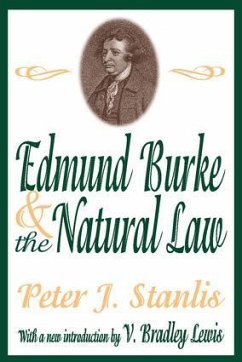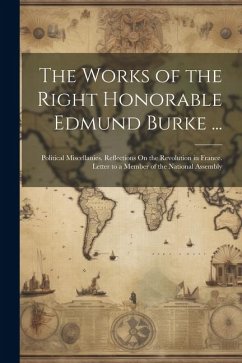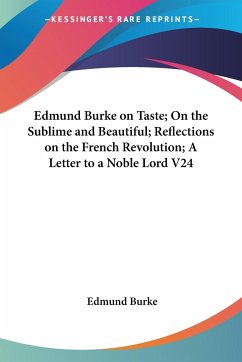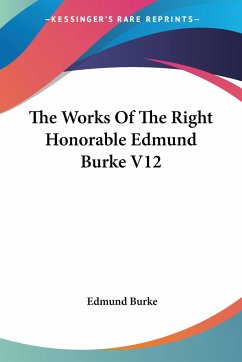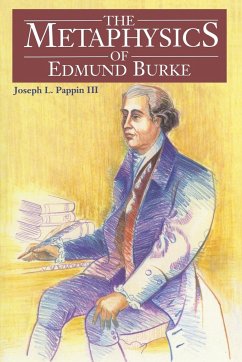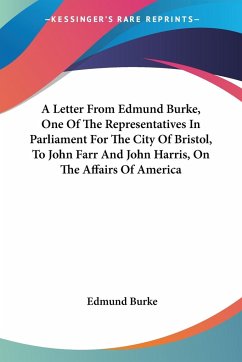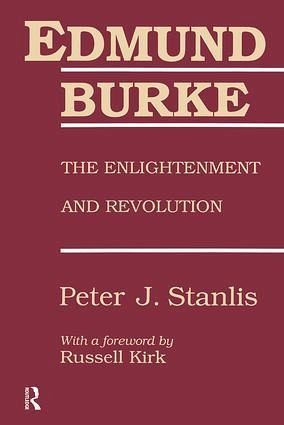
Edmund Burke
The Enlightenment and Revolution
Herausgeber: Stanlis, Peter

PAYBACK Punkte
30 °P sammeln!
Two centuries after Edmund Burke published his Reflections on the Revolution in France, his name and reputation stand alongside Locke, Montesquieu, and Hume - the other still-cited grand political thinkers of the eighteenth century. For those great nations that have fallen into what Burke called "the antagonist world of madness, discord, vice, confusion and unavailing sorrow," the work of Burke supplies that sense of order, justice and freedom the present age seems to require. This volume by Peter Stanlis has grown out of almost four decades of studying Burke. Today, Professor Stanlis is calle...
Two centuries after Edmund Burke published his Reflections on the Revolution in France, his name and reputation stand alongside Locke, Montesquieu, and Hume - the other still-cited grand political thinkers of the eighteenth century. For those great nations that have fallen into what Burke called "the antagonist world of madness, discord, vice, confusion and unavailing sorrow," the work of Burke supplies that sense of order, justice and freedom the present age seems to require. This volume by Peter Stanlis has grown out of almost four decades of studying Burke. Today, Professor Stanlis is called by Russell Kirk "the leading American authority on the political thought of the great conservative reformer." The book is divided into three categories: Burke on law and politics; Burke's criticism of Enlightenment rationalism and sensibility; and Burke's theory of revolution and critique of the English revolution of 1688. Stanlis' reasons' for linking Burke to the English Revolution rather than the later, and admittedly more decisive American and French Revolutions of his own time, is that for Burke, that earlier event was the normative pivot for judging how to make important changes in civil society. Indeed, even in his writings on the contemporary revolutions of his time,. Stanlis reminds us that Burke interpreted revolutionary events in France and Americas through the prism of the bloodless Revolution of 1688.





